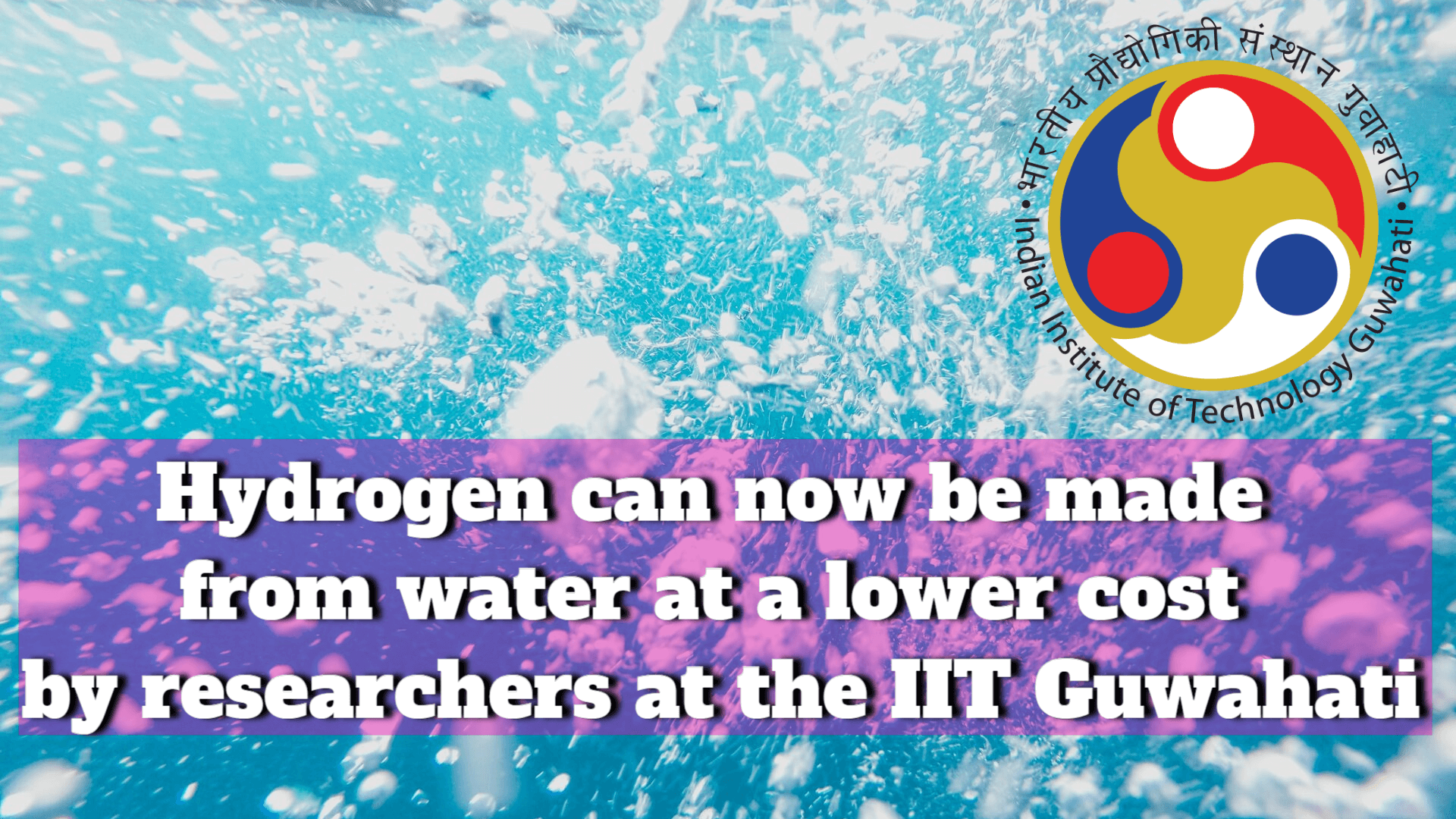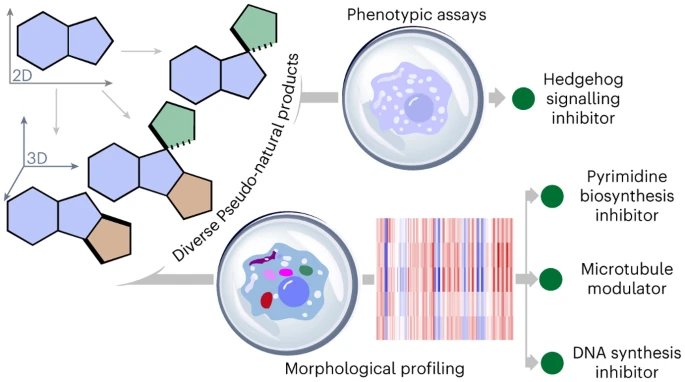Using sunlight to separate Hydrogen and Oxygen from water, researchers at India’s IIT Guwahati have found less expensive alternatives to “noble metals.” Dr. Mohammad Qureshi of the Department of Chemistry led the investigation.
Key Highlight:
- Researchers at India’s IIT Guwahati have found less expensive alternatives to “noble metals.
- Dr. Mohammad Qureshi of the Department of Chemistry led the investigation.
- The study will serve as a prototype system for studying how semiconductors transport energy.
- The researchers are currently working on a prototype of the photoanode in which they hope to test their technology.
Using sunlight to separate Hydrogen and Oxygen from water, researchers at India’s IIT Guwahati have found less expensive alternatives to “noble metals.” Dr. Mohammad Qureshi of IIT Guwahati’s Department of Chemistry led the study.
Prof. Mohammad Qureshi and Mr. Suhaib Alam, members of his team, recently published an article in the prominent American Chemical Society journal detailing their latest discoveries.
In a similar vein, ‘PhotoElectroChemical’ (PEC) Cells, a sort of sunlight-powered energy conversion technology, have drawn interest due to their ability to produce fuels and electrical energy simultaneously.
Water is split into hydrogen and oxygen using PEC cells powered by solar energy. Hydrogen is a high-energy fuel that can be stored and used whenever needed.
Noble metals like platinum, iridium, and ruthenium are now utilized as catalysts in the process, but they’re prohibitively expensive to use as a catalyst.
Prof. Mohammad Qureshi’s team has created less expensive substitutes for the presently employed “noble metals,” which could lead to solar-powered hydrogen generators that are more cost-effective.
PEC cells are not yet a feasible answer to the energy issue because of scientific limitations like the slowness of the water-oxidation process, explains Professor Mohammad Qureshi succinctly.
“Water-splitting catalysts,” he explained, “are employed to activate them, but these metal catalysts such as platinum, iridium, and among others, ruthenium make the cells impractical.”
It has been proven that the catalyst, when employed as a photoanode, may easily split water to make hydrogen and oxygen when it is composed of cobalt-tin layered double hydroxides (LDH) and bismuth vanadate. This creates a p-n junction semiconductor with graphene bridges.
To test their photoanode in actual PEC cells, the researchers are currently working on a prototype.
What are the potential outcomes of the IIT Guwahati team’s research?
This approach can be used as a model system for semiconductor combinations whose carrier transit is hampered by their energy level mismatch.
It is possible to convert semiconductors with slow water oxidation kinetics into ones with faster ones.
The study will serve as a prototype system for studying how semiconductors transport energy.
Researchers at the IIT-Guwahati (@IITGuwahati) are developing novel materials that can use sunlight to split water into hydrogen and oxygen. The materials are much cheaper than the currently used 'noble metals'. pic.twitter.com/rZPjla3iX4
— IANS Tweets (@ians_india) October 25, 2021





[…] Researchers at IIT Guwahati have developed cheaper alternatives to make hydrogen from water […]
[…] IIT Madras (@iitmadras) October 25, 2021 Researchers at IIT Guwahati have developed cheaper alternatives to make hydrogen from waterUsing sunlight to separate Hydrogen and Oxygen from water, researchers at India’s IIT Guwahati […]
[…] collaboration will assist cutting-edge technology through information resources. Member industries Researchers at IIT Guwahati have developed cheaper alternatives to make hydrogen from waterUsing sunlight to separate Hydrogen and Oxygen from water, researchers at India’s IIT Guwahati […]
[…] collaboration will assist cutting-edge technology through information resources. Member industries Researchers at IIT Guwahati have developed cheaper alternatives to make hydrogen from waterUsing sunlight to separate Hydrogen and Oxygen from water, researchers at India’s IIT Guwahati […]